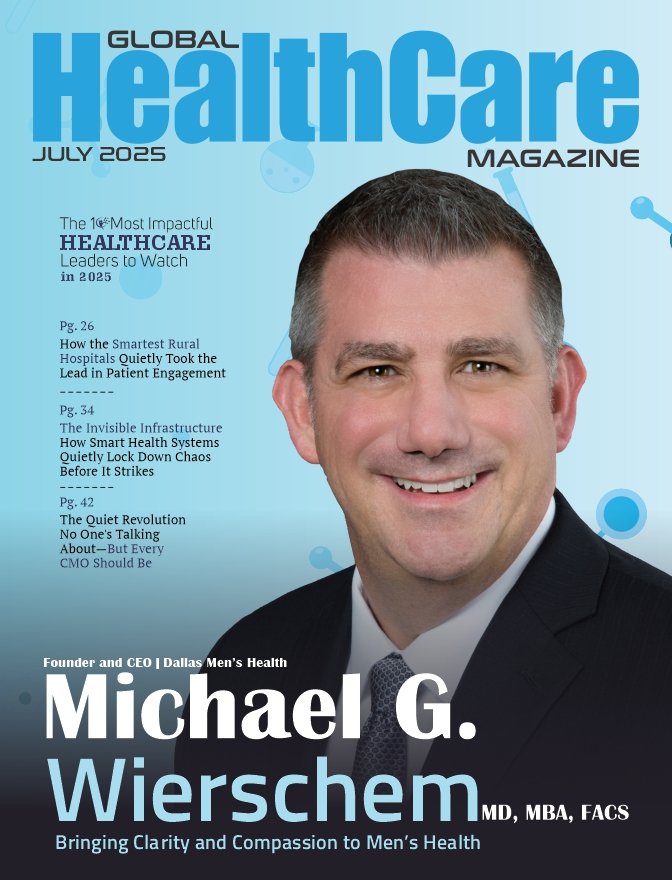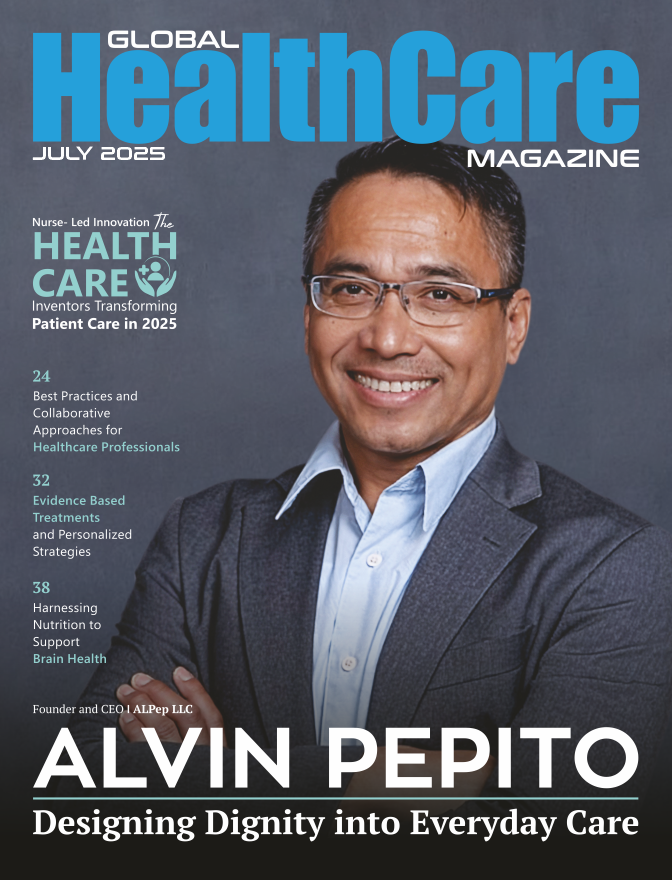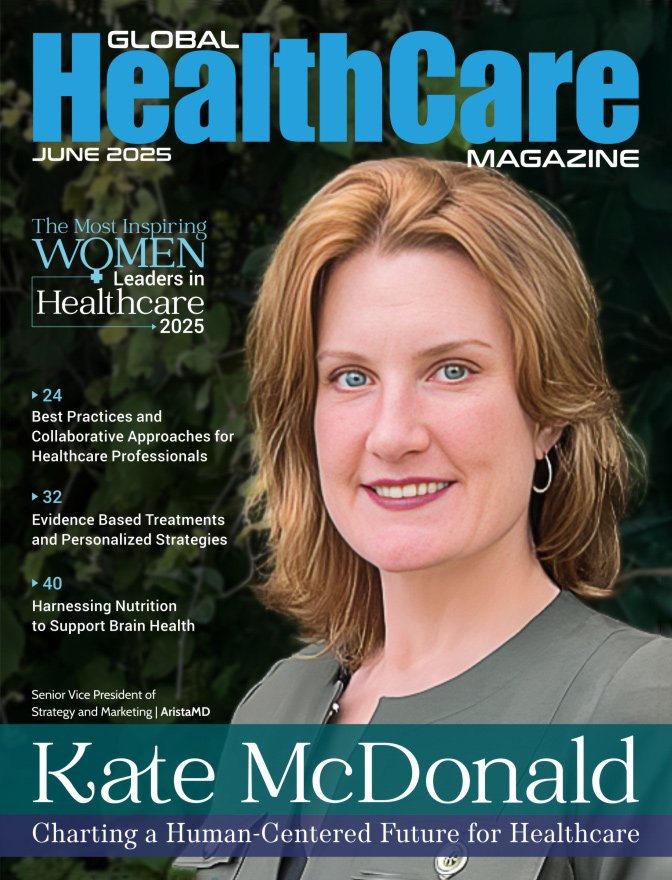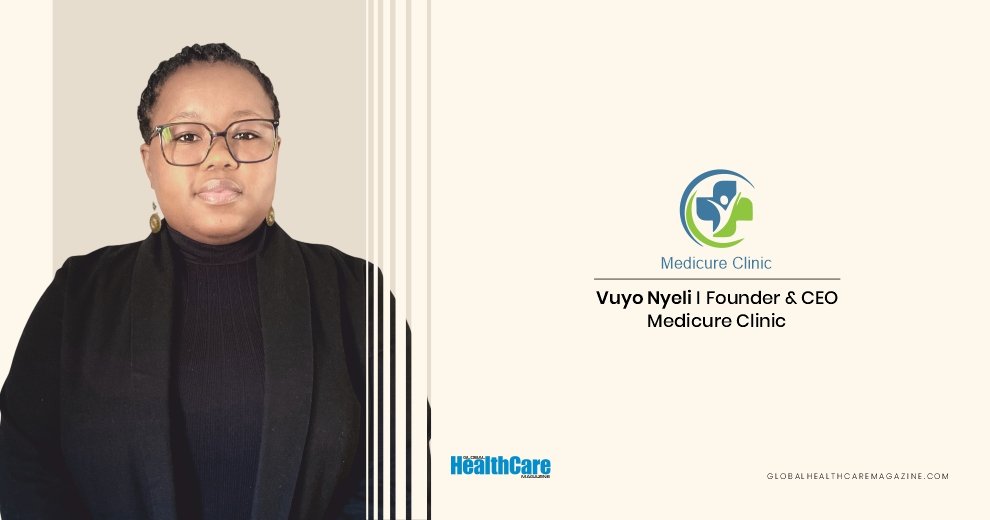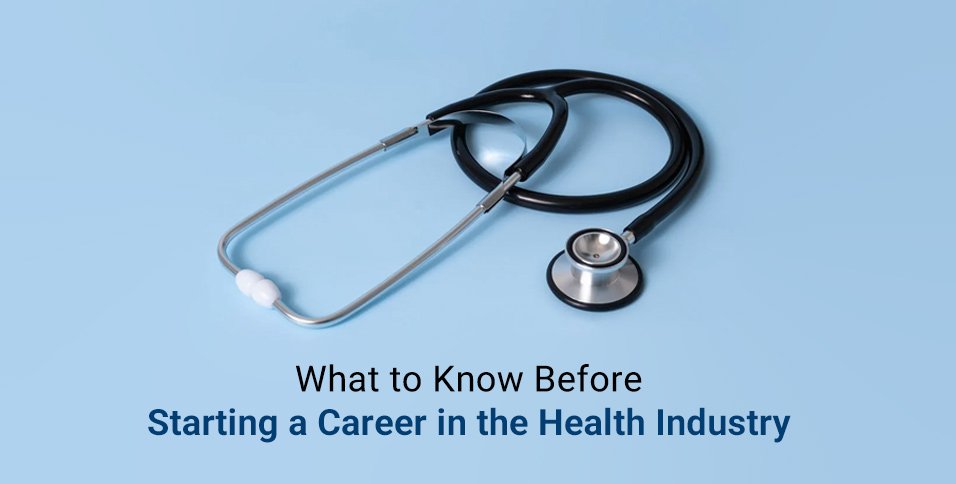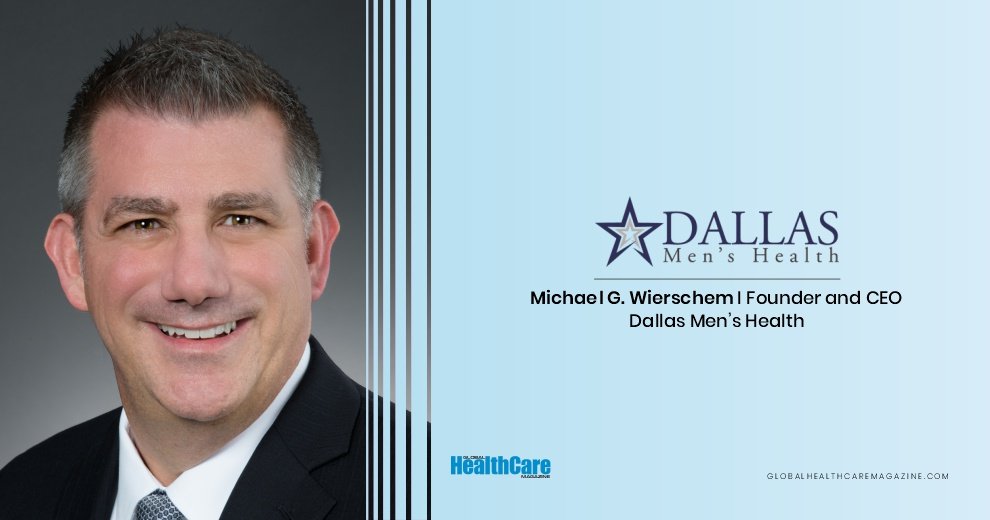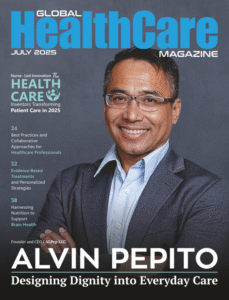A recent study found that nearly half of adults in the U.S. say their health was affected by a major life event in the last five years. These changes—like getting married, having a child, or switching jobs—often shift priorities. Sometimes people stop exercising. Sometimes they forget regular checkups. And most of the time, they don’t think about how those changes affect their insurance.
Life insurance is one area that’s easy to overlook. People assume it’s only needed at a certain age or income level. But that’s not true. Your insurance needs can change more often than you expect. And when you don’t update your policy, you risk being underinsured—or paying too much.
Let’s look at how some common life changes can shape both your health and your insurance needs.
1. Marriage Changes the Way You Plan
Getting married doesn’t just change your daily life—it also changes how you plan for the future. You might start sharing a budget. You might change where you live. And you probably think more seriously about your long-term goals.
A policy can help make sure your partner is financially secure if anything happens. Plus, joint planning often leads to better decisions—and better rates—when you act early.
2. Having a Child Redefines Priorities
Becoming a parent brings huge changes. Your sleep drops, your stress increases, and your calendar fills up fast.
In all this chaos, your own health can slip. Many new parents skip meals, delay checkups, or stay up too late. That makes it even more important to have systems in place—like insurance.
Life insurance is essential when you have a child. The earlier you buy it, the more options you have—and the better the value. Many people qualify for the best life insurance rates when they apply while they’re still young and healthy. Services like Ladder let you apply online, adjust your coverage as your family grows, and skip medical exams if you’re eligible. Taking action early gives you peace of mind and helps you lock in affordable protection for the years ahead.
3. Job Loss or a New Career Path
Changing jobs can feel exciting or stressful—or both. Whether you’re starting a new career or dealing with job loss, the impact on your health can be real. Your routine changes. You may lose access to gym perks or health benefits. Stress from financial pressure can build quickly.
One thing many people forget during career transitions is their life insurance. If your old policy was tied to your job, you might not be covered anymore. Even if you’re moving into a higher-paying role, your coverage might need an upgrade.
That’s why it’s smart to consider flexible insurance options. Some providers make it easy to get quick quotes and adjust your coverage based on what your life looks like now—not what it looked like at your last job.
4. Buying a Home Comes With New Risks
Buying a home is a major financial commitment. It also changes your responsibilities. You now have a mortgage, taxes, and maintenance costs to think about. You may also feel added pressure to stay healthy and avoid setbacks that could affect your income.
This is the time to re-evaluate your insurance. If something happened to you, would your family be able to keep the home? Life insurance can cover that risk. And when you choose a flexible plan, you can match the coverage to your mortgage amount and term.
Smart planning here protects both your family and your investment.
5. Dealing with a Health Scare or Diagnosis
Facing a serious illness or injury changes more than your physical health—it shifts your outlook. You may need to adjust your daily routine, cancel plans, or take time off from work. Some people deal with high medical bills. Others need long-term care or support.
A health scare is also a wake-up call about financial protection. It reminds you that coverage matters—especially if you don’t already have life insurance. If you wait until after a diagnosis to apply, your rates may go up. Or you may not qualify for coverage at all.
That’s why getting insured before any major health issues come up is so important. Some providers offer fast, no-exam coverage for many healthy applicants. Taking care of your health now can help you lock in better rates and avoid stress later.
6. Becoming a Caregiver for a Loved One
Caring for an aging parent or family member can be rewarding but also demanding. It often means less time for yourself, more stress, and sometimes even health issues of your own. You may lose sleep, skip meals, or feel emotionally drained.
This kind of role can also shift your financial situation. You might cut work hours or spend more on health-related expenses. That’s why it’s smart to recheck your insurance. If others now depend on your support, coverage becomes even more important.
A good life insurance plan can help protect those who rely on you.
7. Preparing for Retirement Years
As retirement approaches, your health and finances become top priorities. You may visit doctors more often. You may also start to think more about legacy planning or how to help your family after you’re gone.
Some people believe they no longer need life insurance once they retire. But that depends on your goals. Do you want to leave money for your spouse, kids, or grandkids? Do you still have debt or final expenses to cover?
If the answer is yes, keeping or adjusting your policy may make sense. Just make sure it fits your needs. With the right planning, you can choose a coverage amount that aligns with your new lifestyle.
During tough times, it’s helpful to have tools that make things easier. Some services let you update your insurance quickly online so you can focus on healing, not paperwork.
Life is full of changes. Some are planned, others come out of nowhere. Each one affects your health, your routine, and your long-term goals. And each one is a reason to recheck your insurance coverage.
The truth is, the best time to update your policy isn’t when things go wrong—it’s before they do.
Whether you’re starting a family, changing jobs, or entering retirement, don’t wait. Staying ahead of change means staying protected. That’s a decision worth making today.
Also Read:


